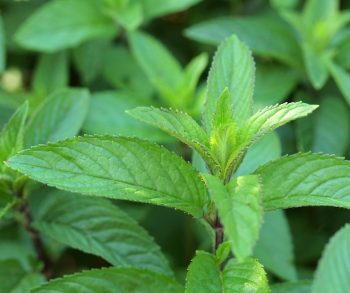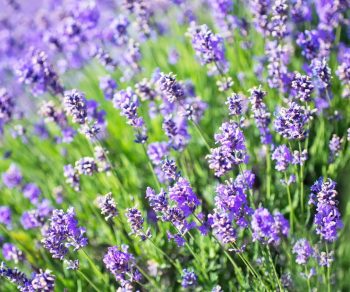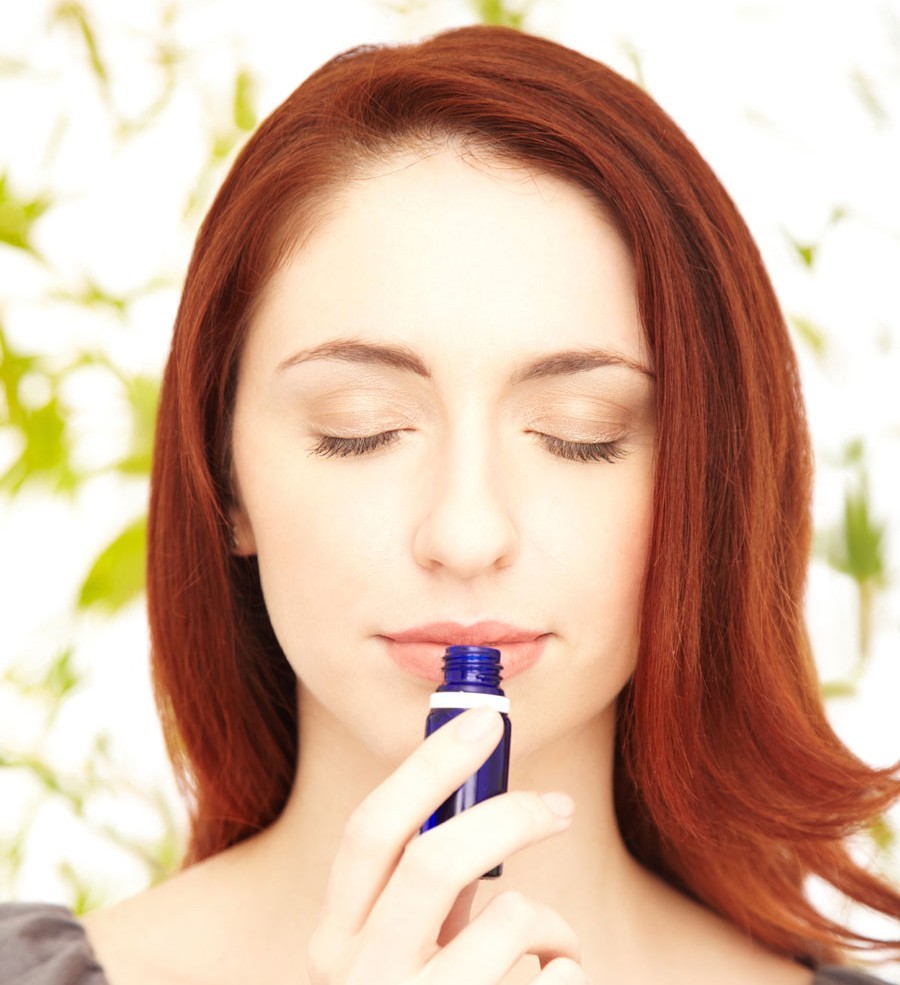
Pure Essential Oils Offer a Spectrum of Health Benefits
For centuries, people have relied on using essential oils for improving mental, emotional, and physical health. In addition, there are many reasons aromatic herbs and other botanicals are used consistently in primary health care practices throughout the world. From aromatherapy to ritual, cultures around the globe have turned to the powerful effects and benefits of botanical and earthly extracts for thousands of years.
Have you ever been exposed to a scent or aroma that brought back a memory or emotion from years earlier? Your senses perk at the distinct smell of Grandma’s baked cookies, or a blast of school bus exhaust and you’re instantly eight years old again. The emotions you may feel will vary, depending on your experience, but it is obvious that our sense of smell can trigger powerful psychological responses.
In a similar way, the fragrance of pure and therapeutic grade essential oils may influence parts of the brain that respond to stress, trauma, anxiety, and pain. They may even affect hormone release mechanisms and mood.
Essential oil potential benefits do not stop at aromatherapy. Topical application and absorption through the skin may also be beneficial. Many essential oils have high antioxidant values and studies suggest certain oils may inhibit harmful bacteria and support a healthy inflammation response2.
What Are Essential Oils?
Essential oils are produced by extracting liquid from botanicals via distillation, cold press, or CO2 extraction techniques. These oils come from certain flowers, seeds, leaves, stems, bark, roots, grasses, bushes and trees. Pure essential oils are highly concentrated—and it is advised take the adage of “just one drop” seriously.
To make one 15 ml bottle of lemon, peppermint, or lavender essential oil it takes:
Quality Matters When Using Essential Oils
Though a personal care or health product may include various grades of “essential oils” in the ingredients, not all essential oils are equal. To experience the potential benefits of pure essential oils, look for therapeutic grade oils and research the manufacturer to ensure they follow Good Manufacturing Practices (GMP) to bring you the highest quality product.
Quality Markers Include:
- Pure essential oil, labeled 100% therapeutic grade, organic, and/or non-fractionated
- Steam distilled, cold-pressed (for citrus oils), or CO2 extracted
- Genetic Identity by Species subspecies identification—i.e. Bergamot (Citrus bergamia)
- Production environment and practices are to par with GMP
- Sustainability
Why People Have Been Using Essential Oils for Centuries
Long before biblical times, ancient cultures such as the Egyptians recognized the health and restorative benefits of essential oils, such as Frankincense, Myrrh, and Lavender.
Just as the chemicals in certain plants “protect them from insects, bacteria or viruses that cause diseases,”1 it is thought that the defensive mechanism present in plant, flower, and other botanicals may also provide humans with protective support.
Today, people are finding that the proper use of essentials can support health and offer an alternative for things such as:
- relieving occasional aches and pains*
- maintaining respiratory health*
- mood enhancement*
- regulating changes associated with the normal aging process, such as sleep cycles*
- supporting the immune system*
In addition, more and more clinical research suggests these uses and their results are substantial.
Using Essential Oils and Preventative Health Care
The phrase “health care” has become convoluted in recent years. The idea should be to maintain a state of health and to provide our bodies with the resources needed to ward off acute ailments or illnesses before they become chronic.
What many people don’t realize is that our bodies become weak and stressed long before we recognize the signs that indicate we are not well.
Regular use of essential oils can provide immune boosting and stress-busting tools to help our bodies stay healthy and resist harm on the cellular level. Numerous scientific studies and clinical trials support this assessment.
Clinical Studies and Trials Have Concluded:
- Certain Essential Oils Blends Reduces Virus Activity
- Tea Tree Oil Can Control Candida
- Lemon Oil and Clary Sage Can Reduce Stress and Boost Mood
- Oregano Oil Inhibits Growth of Certain Bacteria
These and other findings conclude that use of essential oils may be more powerful (and safer) than antibiotics or over-the-counter medications that address the symptoms but not the cause of ailments or illness*.
Therapeutic grade essential oils may also help digestion, support tissue regeneration, create an alkaline environment, provide hormone precursors, and enable a healthy inflammation response.
Unwavering Immune Support
One of the primary and indisputable facts about many essential oils is their antioxidant activity. They also have the ability to penetrate dense cell membranes (often built up like callused walls to defend against toxic build-up).
Whether you are looking to maintain health or offset the everyday factors that can weaken your immune system, when used as intended, essential oils are a safe and effective way to support the immune system.
Some essential oils with notably high ORAC values (a system used to measure the antioxidant activity in a food) include clove, cinnamon leaf, clary sage, ginger, all citrus oils, myrrh, lemongrass, rosemary, oregano and peppermint. The oils in red are highly potent and it is recommended they be used with a large ratio of carrier oil.
Using Essential Oils
Essential oils may be used in a variety of ways. This is a general overview and does not necessarily apply to individual oils. Due to their high concentration, it is recommended that most essential oils be blended with carrier oil. Carrier oils commonly used to dilute essential oils include jojoba, coconut, grapeseed, olive, almond, and argan oils.
Of course, the carrier oil should also be organic and of the highest quality, when possible, to ensure full benefits of the essential oils are not hindered by additives or substandard manufacturing practices.
Many essential oils are mild when properly diluted, while others have properties that are more potent and require a higher dilution ratio. Still, certain essential oils are toxic if ingested.
Suggested blends and uses listed below represent only a few common practices and are provided for informational purposes only. Select the links of individual oils for more information and safety precautions prior to use.
Blending Options for Using Essential Oils
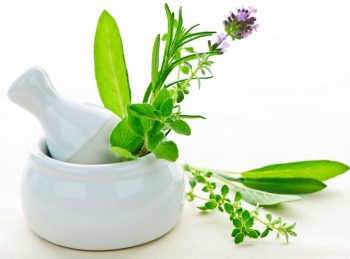 It is believed that blending essential oils may amplify or improve their potential. Use the following suggested blends to maximize the range of benefits that essential oils may provide.
It is believed that blending essential oils may amplify or improve their potential. Use the following suggested blends to maximize the range of benefits that essential oils may provide.
Blending Options (click on individual oil to determine best application method)
- Bergamot and Sandalwood for digestion, respiratory, and circulation support*
- Cedar Atlas and Vetiver for mental focus and concentration*
- Chamomile with Lavender and Frankincense to relieve tension and stress*
- Cinnamon with Clove and Eucalyptus to support healthy immune function*
- Clary Sage with Grapefruit and Sweet Orange to lift mood and spirit during times of sadness and stress*
- Clove and Cinnamon for digestive support*
- Cypress and Eucalyptus for body and muscle aches*
- Eucalyptus with Peppermint and Tea Tree to support respiratory function*
- Frankincense with Myrrh for skin health and immune support*
- Geranium Rose with Patchouli for healthy inflammation response and smooth skin*
- Grapefruit with Bergamot to invigorate mind and body*
- Helichrysum with Lavender and Chamomile for calming and mood enhancement*
- Lemon with Sandalwood and Tea Tree for skin and hair health*
- Oregano with Cypress (topical only) for joint and muscle support*
- Tulsi Holy Basil with Eucalyptus for mental clarity and focus*
- Vetiver with Ylang Ylang for aphrodisiac effects*
Application Methods for Using Essential Oils
Many potential benefits may overlap with aromatic, topical, and/or internal uses. The following summaries are based on common methods and do not necessarily represent every possible use.
Aromatic Use: Ensure proper ventilation and take several deep breaths. Limit exposure in diffuser to a few hours per day. May be used in these ways:
- Dilute in spray bottle or use preferred diffuser and follow dilution instructions.
- Inhale directly from the bottle by taking 1-3 deep breaths once per day.
- Rub oil (dilute 2 drops per teaspoon in a carrier oil) on hands and inhale.
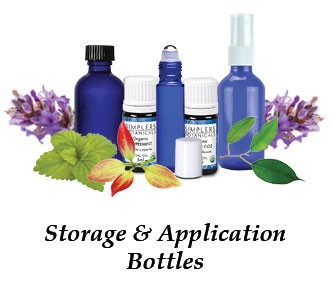 Topical Use: Recommended dilution is 1 drop per teaspoon (5ml) of carrier oil to start. You may use up to 5 drops of oil per teaspoon of carrier oil depending on individual results and sensitivity. Massage onto bottoms of feet, upper shoulders, chest, back, or affected area. Absorption after application can provide internal and external benefits. During first use, always patch test a small area of skin before applying to larger areas.
Topical Use: Recommended dilution is 1 drop per teaspoon (5ml) of carrier oil to start. You may use up to 5 drops of oil per teaspoon of carrier oil depending on individual results and sensitivity. Massage onto bottoms of feet, upper shoulders, chest, back, or affected area. Absorption after application can provide internal and external benefits. During first use, always patch test a small area of skin before applying to larger areas.
Dilute with carrier oil in a roll-on or storage bottle if desired.
Compress Use: Stimulate overall or specific areas of circulation, senses, and immune function as a compress. To make a compress, wet a cloth or towel with warm water and squeeze out excess. Then add 2-4 drops of oil. Microwave for 20-30 seconds, ensuring it does not get too hot. Sensitive individuals may want to layer another damp cloth between the infused one and their skin. Wrap compress around affected area or lay across sore and tired muscles after exercise.
Bathing Use: Bathing with essential oils may amplify results, stimulate senses, and offer relaxation and immune benefits. Add 5-10 drops per tablespoon of carrier oil to a bath.
Internal Use. Only ingest under the guidance and direction of a medical practitioner or licensed aromatherapist.
SAFETY PRECAUTIONS WHILE USING ESSENTIAL OILS:
There are very few negative side effects or risks associated with using essential oils* properly. However, due to their potency, read precautions carefully and always begin with only 1 or 2 drops in high dilution ratios to carrier oil. Use caution before use on babies (over 6 months), children, pregnant women, the elderly, or those with chronic health issues. Some people have sensitivities to specific oils or experience different results from aromatic or topical use.
Essential Oils are extremely concentrated. Always use with care and begin with highly diluted amounts to test for sensitivities. Consult a licensed aromatherapist or physician for additional methods or use.
Though safety precautions vary per oil, follow these guidelines as general practice:
- DO NOT apply undiluted oil directly to skin. Always dilute in carrier oil.
- DO NOT INGEST. The internal benefits of most essential oils can be experienced through topical application.
- DO NOT apply to eyes, ear canal, or mucus membranes.
- DO NOT dilute with water (with the exception of using as a compress).
- If irritation occurs, apply carrier oil, do not add water.
- Avoid during pregnancy.
- Use in properly ventilated areas and avoid exposure for extended periods.
- Store in a cool, dark place.
- Keep out of reach of children.
Suggested use of essential oils should not be a substitute for medical advice. Individuals with health concerns or conditions should consult a licensed healthcare provider prior to use.
Therapeutic Grade Essential Oils from Simplers Botanicals
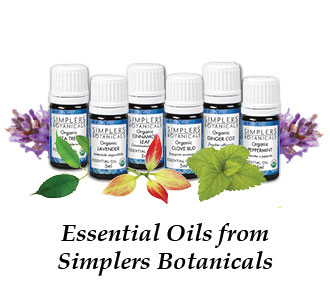 Simplers Botanicals is the leader in therapeutic quality, certified organic essential oils and herbal extracts. They source only the highest quality oils from artisan distillers all over the world, and offer certified organic oils whenever possible.
Simplers Botanicals is the leader in therapeutic quality, certified organic essential oils and herbal extracts. They source only the highest quality oils from artisan distillers all over the world, and offer certified organic oils whenever possible.
Energetic Nutrition is excited to offer 28 of their essential oils products to our customers. Simply click on the image to read more about each oil and its unique properties.
Quality Carrier Oils from Life-Flo
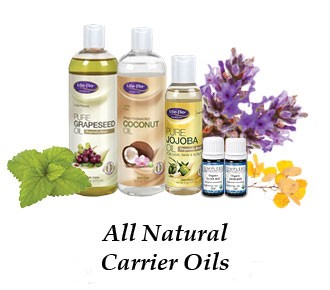 Our carrier oils from Life-Flo are natural and free of harsh chemicals such as parabens, artificial colors, and artificial fragrances. All of these carrier oils can be used alone or in combinations with your customized essential oils blends.
Our carrier oils from Life-Flo are natural and free of harsh chemicals such as parabens, artificial colors, and artificial fragrances. All of these carrier oils can be used alone or in combinations with your customized essential oils blends.
Use:
- Fractionated Coconut Oil for using essential oils in general
- Pure Organic Grapeseed Oil for skin nourishing fatty acids
- Jojoba Oil for its superb moisturizing benefits


